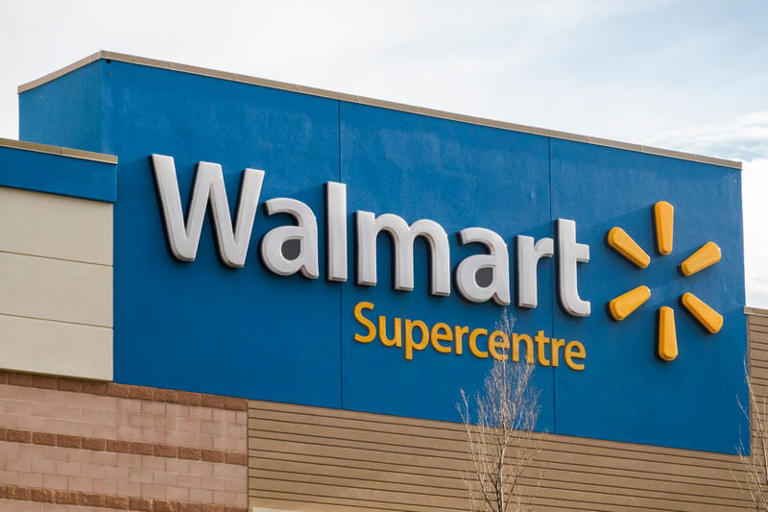Inflation, a persistent economic concern, has significantly impacted various sectors, including retail, prompting a heated competition among big box retailers to capture the attention of bargain-seeking consumers. Despite a slight decline from its peak in 2022, inflation remains elevated, thwarting the Federal Reserve’s plans for interest rate cuts and exacerbating consumer apprehensions about the economy’s trajectory.
For retailers, both brick-and-mortar establishments and online platforms alike, inflationary pressures have translated into tangible challenges, particularly in maintaining sales momentum amidst rising prices across goods and services. In response, retailers are adopting proactive strategies aimed at attracting and retaining value-conscious consumers, often resorting to aggressive pricing tactics and promotional campaigns.
The pervasiveness of inflationary impacts across product categories underscores the significance of affordability in consumer decision-making. Target, a retail titan, recently reported a decline in sales, attributing it partly to consumers’ inclination towards budget-stretching measures amidst persistent price hikes. Acknowledging this trend, Target announced its intentions to lower prices on nearly 5,000 everyday items, a move aimed at appealing to price-sensitive consumers amidst inflationary pressures.
Similarly, Walmart, renowned for its competitive pricing strategy, has capitalized on its reputation as a go-to destination for cost-conscious shoppers. Despite prevailing inflationary conditions, Walmart reported robust sales growth and increased foot traffic, bolstered by its commitment to providing value-oriented offerings across its vast product assortment.
The competitive landscape within the retail sector, epitomized by the rivalry between industry behemoths like Walmart and Target, underscores the importance of strategic differentiation and innovation in navigating inflationary headwinds. Walmart’s strategic investments in artificial intelligence, which have enhanced operational efficiency and customer engagement, serve as a testament to the pivotal role of innovation in driving sustained growth amidst challenging economic conditions.
In the realm of fast food, inflation-induced shifts in consumer spending habits have prompted leading chains such as McDonald’s, Wendy’s, and Burger King to introduce value-focused meal deals as a means of enticing budget-conscious diners. However, the broader impact of inflation on the food industry has prompted some chains to rethink their operational strategies, with closures of underperforming locations being among the measures undertaken to mitigate losses.
Amidst the challenges posed by inflation, certain retailers have managed to thrive by catering to specific market segments and adapting their strategies to meet evolving consumer preferences. Luxury retailers such as Bloomingdale’s and Bluemercury have continued to attract affluent shoppers, demonstrating resilience in the face of economic volatility.
Meanwhile, discount retailers like TJX Companies and Ross Stores have capitalized on the demand for affordable shopping options, reporting steady sales growth and increased customer transactions. Their ability to offer value-oriented merchandise and respond effectively to shifting consumer trends has enabled them to navigate the complexities of the inflationary economy successfully.
In the home improvement sector, retailers such as Home Depot and Lowe’s have faced challenges as consumers defer large remodeling projects amidst higher interest rates and affordability concerns. Despite these headwinds, both Home Depot and Lowe’s have pursued strategic initiatives aimed at driving sales growth, including strategic acquisitions and innovative product offerings.
Overall, retailers across various sectors are grappling with the implications of an inflationary economy, with some facing greater hurdles than others. By prioritizing affordability, innovation, and strategic differentiation, retailers can position themselves for success in an environment characterized by economic uncertainty and fluctuating consumer preferences.
